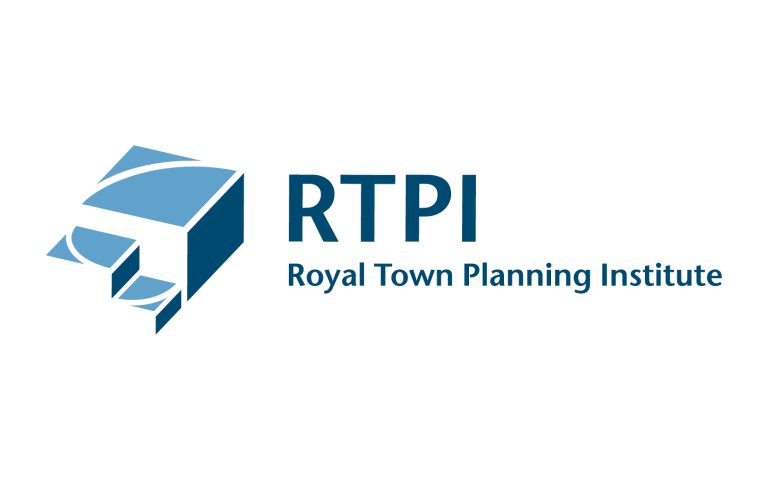Half a billion pounds must be injected into the England’s planning system over the next four years to ensure the government’s objectives on housing, beauty, climate, the economy and health can be achieved, according to the Royal Town Planning Institute (RTPI). In its formal response to the Comprehensive Spending Review (CSR), the Institute sets out the vital role planning plays in facilitating economic growth, providing affordable housing, tackling climate change, ensuring access to green space and improving wellbeing. It says without significant investment, the government’s ambitions for the planning system, set out in a white paper published earlier this month, cannot be realised. Victoria Hills, chief executive of the RTPI, said: “The drive for new infrastructure, housing and progress towards net zero will create major additional need for planning services in the coming years. The planning system has been severely under-resourced for decades which has had implications not just for efficiency of process, but for the capacity of professional planners to apply their knowledge and lead on strategic place-making. “The government has set out its ambitions to ‘radically overhaul’ the planning system, but to deliver on these ambitions they will need professional planners. The development sector is crying out for support. Without adequate investment, this simply will not be possible.” The response, which comes ahead of the RTPI’s Invest and Prosper report, due to be published in October, says a new Planning Delivery Fund of £500m is required to enable the planning system to deliver outcomes efficiently, effectively and equitably. It would replace the existing fund, which was announced by the Ministry of Housing, Communities and Local Government (MHCLG) in February 2017 in a white paper, Fixing our Broken Housing Market. It allocated £25m between 2017-18 and 2019-20 to ‘support ambitious authorities in areas of high housing need to plan for new homes and infrastructure’. But only £15.8m was awarded to successful bidder in the first wave of funding, with the remaining £10m not being spent. This compares to a £150m a year (figure adjusted for inflation) Planning Delivery Grant to support local planning authorities between 2004 and 2008. The RTPI’s proposals comprise of nine sub-funds to enable investment into specific government priorities. It also calls for the funding to be ring-fenced and to be distributed fairly across all local authorities according to the number of people who live there, the scale of the development pressure and current levels of resourcing: Plan Making fund – £170 million The government has has said all local authorities must have an up to date local plan by 2023 but has not made any additional funding available. The Planning Delivery Fund would fund 50% of the costs of doing this. Design quality fund – £81 million The RTPI has welcomed the Government’s renewed commitment to high quality design, exemplified in its support for the Building Better Building Beautiful Commission. This funding would enable the delivery of the government’s ambitions for Design Codes in every local authority. Monitoring and enforcement fund – £67 million To allow local authorities to do proper assessment of what is actually being delivered through the planning system and how well the local plan is being delivered and issue enforcement proceedings. Digital transformation fund – £46 million To help support the digital transformation of planning – saving money in the medium and long term and freeing up planners’ time to plan. The existing Innovation Fnd has provided limited support (£1m between 6 LAs and one charity) Wider placemaking fund – £100 million To bring a range of place-focused professionals to local authorities, such as architects, urban designers and ecologists, and to incentivise those outside of local planning authorities, such as public health colleagues, to engage with the planning process to enable the delivery of healthy communities. Joint working fund – £15 million To enable strategic reviews of green belt, waste management and housing targets. Community engagement fund – £50 million The government has repeatedly suggested it would like participation to happen upstream – with earlier engagement for communities at plan making stage. The Planning Delivery fund should provide grant for authorities to engage in rich community participation at the earliest possible stage, for example through deliberative panels. Climate Action – £67 million To deliver the equivalent of one FTE planner to work exclusively on climate proofing policy and development management in each local authority. The Committee on Climate Change’s Net Zero UK report demonstrated there had been little or no progress in reducing carbon emissions of buildings or surface transport. Planning is part of the solution. Capacity building fund – £17m District Councils report that planning roles are the most difficult to fill out of all roles. This fund would comprise of £4m to support talent development from diverse socio-economic backgrounds and 13m to enable the country’s 11,000 public sector planners to attend five one-day courses a year over a period of four years.







